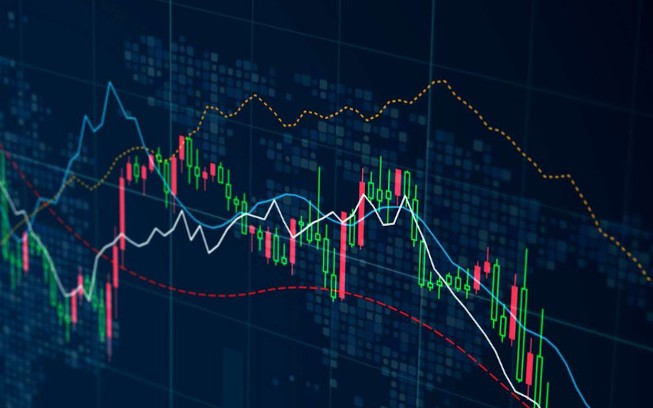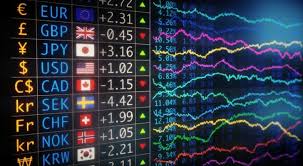
Forex currency trading has become an indispensable part of the financial world, as it allows individuals and institutions to engage in the largest financial market globally. Choosing the right Forex broker is crucial to your trading success. In this comprehensive guide, we will explore the significant aspects of Forex trading brokers and provide insights to help you make informed choices, including reputable platforms like forex currency trading broker protradinguae.com.
What is a Forex Broker?
A Forex broker acts as an intermediary between retail traders and the interbank market. They facilitate the buying and selling of currency pairs by providing a trading platform and access to the financial markets. Brokers can be classified into different categories based on their business models, such as market maker brokers, STP (Straight Through Processing) brokers, and ECN (Electronic Communication Network) brokers.
Types of Forex Brokers
Understanding the types of Forex brokers is essential for traders to choose the right partner for their trading journey. Here are the primary types:
- Market Maker Brokers: These brokers create a market for their clients, setting the bid and ask prices. They typically profit from the spread between these prices and may also operate against their clients’ trades.
- STP Brokers: Straight Through Processing brokers send trades directly to the interbank market, providing faster execution and often better spreads. They do not act as counterparty to their clients’ trades.
- ECN Brokers: ECN brokers connect traders directly with other market participants, including banks and institutional investors. They provide access to tight spreads and faster execution but may charge a commission.
How to Choose a Forex Broker
When selecting a Forex broker, consider the following factors:
1. Regulation

Reputable brokers are regulated by financial authorities, which helps ensure fair trading practices. Look for brokers regulated by organizations such as the FCA (UK), ASIC (Australia), or CySEC (Cyprus).
2. Trading Platform
The trading platform plays a crucial role in your trading experience. Major platforms like MetaTrader 4 (MT4) and MetaTrader 5 (MT5) offer comprehensive tools for analysis and trading. Ensure the broker supports a platform you are comfortable using.
3. Spreads and Commissions
Compare the spreads and commissions across various brokers. Tight spreads are essential for day traders who require low transaction costs. Be mindful of any hidden fees that may affect your profitability.
4. Customer Support
Reliable customer support is vital for resolving issues quickly. Look for brokers that offer 24/5 support through various channels such as live chat, email, and phone.
5. Deposit and Withdrawal Options
Examine the deposit and withdrawal options available with the broker. Choose one that offers convenient methods and swift processing times to manage your funds efficiently.
The Importance of Trading Conditions
Understanding the trading conditions offered by your broker can dramatically affect your trading experience. These conditions include leverage, stop-loss and take-profit levels, and slippage.
Leverage
Leverage allows traders to control larger positions with a smaller amount of capital. However, it magnifies both potential profits and losses. Ensure you understand the leverage offered by the broker and how it aligns with your risk tolerance.
Stop-Loss and Take-Profit Orders

These orders help traders manage risk and protect profits. Ensure that the broker allows for customizable stop-loss and take-profit levels to implement your trading strategy effectively.
Slippage
Slippage occurs when a trade is executed at a different price than expected. High levels of slippage can erode profits, especially during volatile market conditions. Investigate how your prospective broker handles slippage.
Demo Accounts: A Risk-Free Starting Point
Most Forex brokers offer demo accounts that allow traders to practice their strategies without risking real money. This is an excellent way to familiarize yourself with the broker’s trading platform, test various strategies, and gain confidence before transitioning to a live account.
Forex Trading Strategies
Once you’ve chosen a broker and gained some experience with the demo account, you can start exploring different trading strategies. Here are a few popular ones:
- Day Trading: Day traders open and close positions within the same trading day to capitalize on short-term price movements.
- Swing Trading: Swing traders hold positions for several days to weeks, aiming to profit from price swings or trends.
- Scalping: Scalpers make dozens or hundreds of trades each day, seeking small profits from each trade.
Risk Management in Forex Trading
Effective risk management is crucial for long-term success in Forex trading. Some key principles include:
1. Position Sizing
Determine the appropriate position size based on your account balance and risk tolerance. A common recommendation is to risk no more than 1-2% of your trading capital on a single trade.
2. Diversification
Diversifying your trading portfolio can help reduce risk. Avoid concentrating your capital on a single currency pair by trading multiple pairs or asset classes.
3. Regular Review
Regularly review your trading performance to identify strengths and weaknesses. Adapting your strategy based on past experiences can foster continuous improvement.
Conclusion
In conclusion, selecting the right Forex currency trading broker is a significant step in your trading journey. By considering factors like regulation, trading platforms, spreads, and customer support, you can find a broker that aligns with your trading goals. Remember to start with a demo account to practice your strategies, and implement effective risk management techniques to secure your trading capital. Happy trading!
